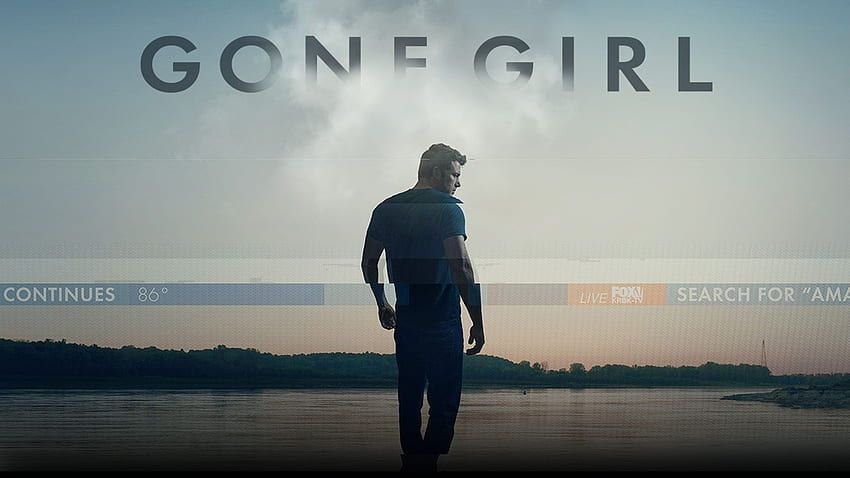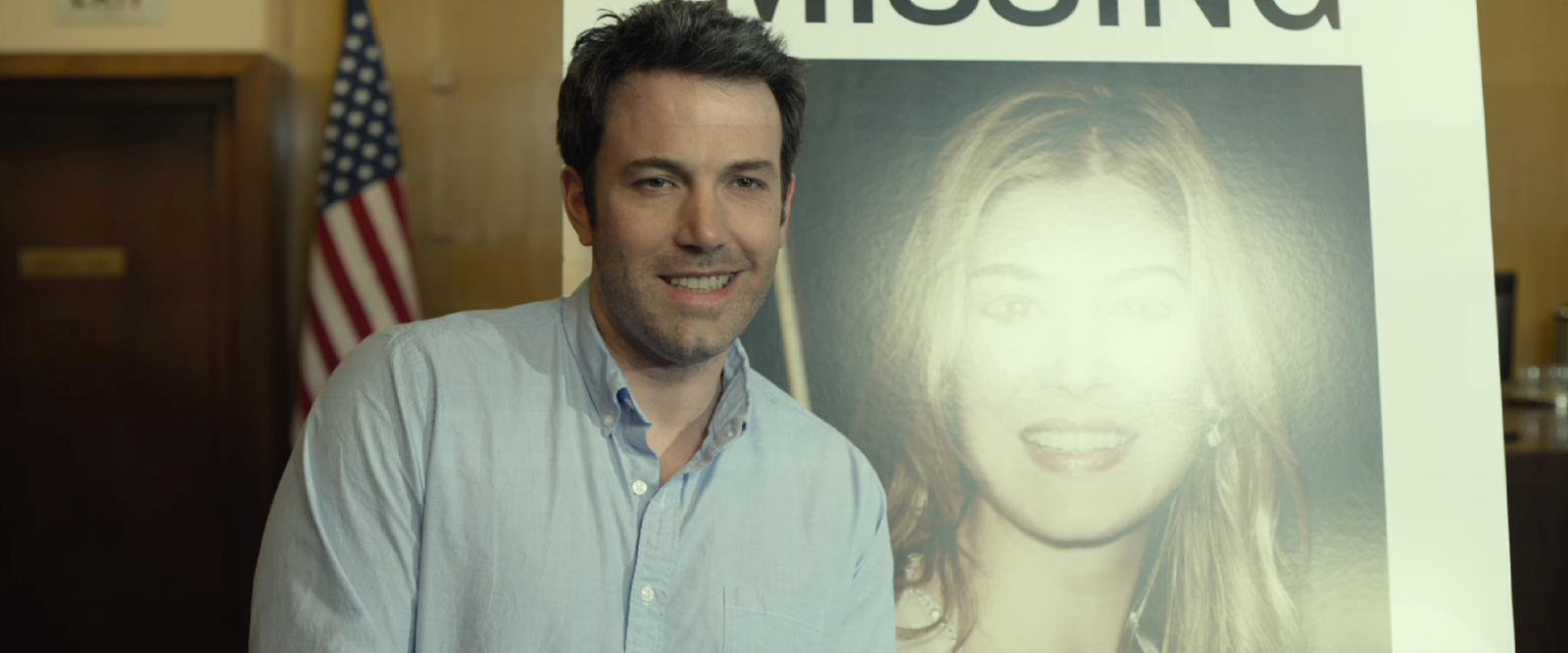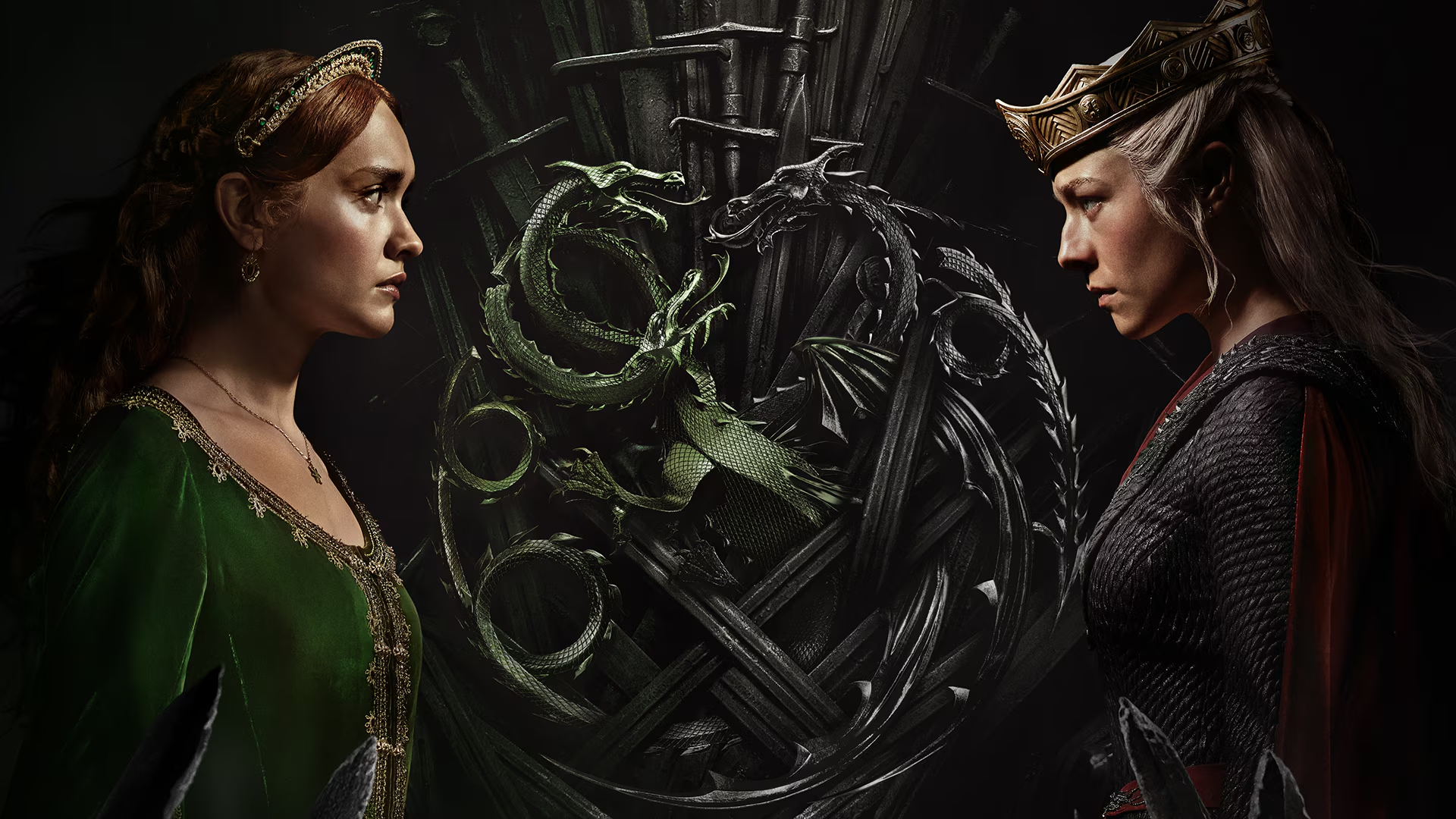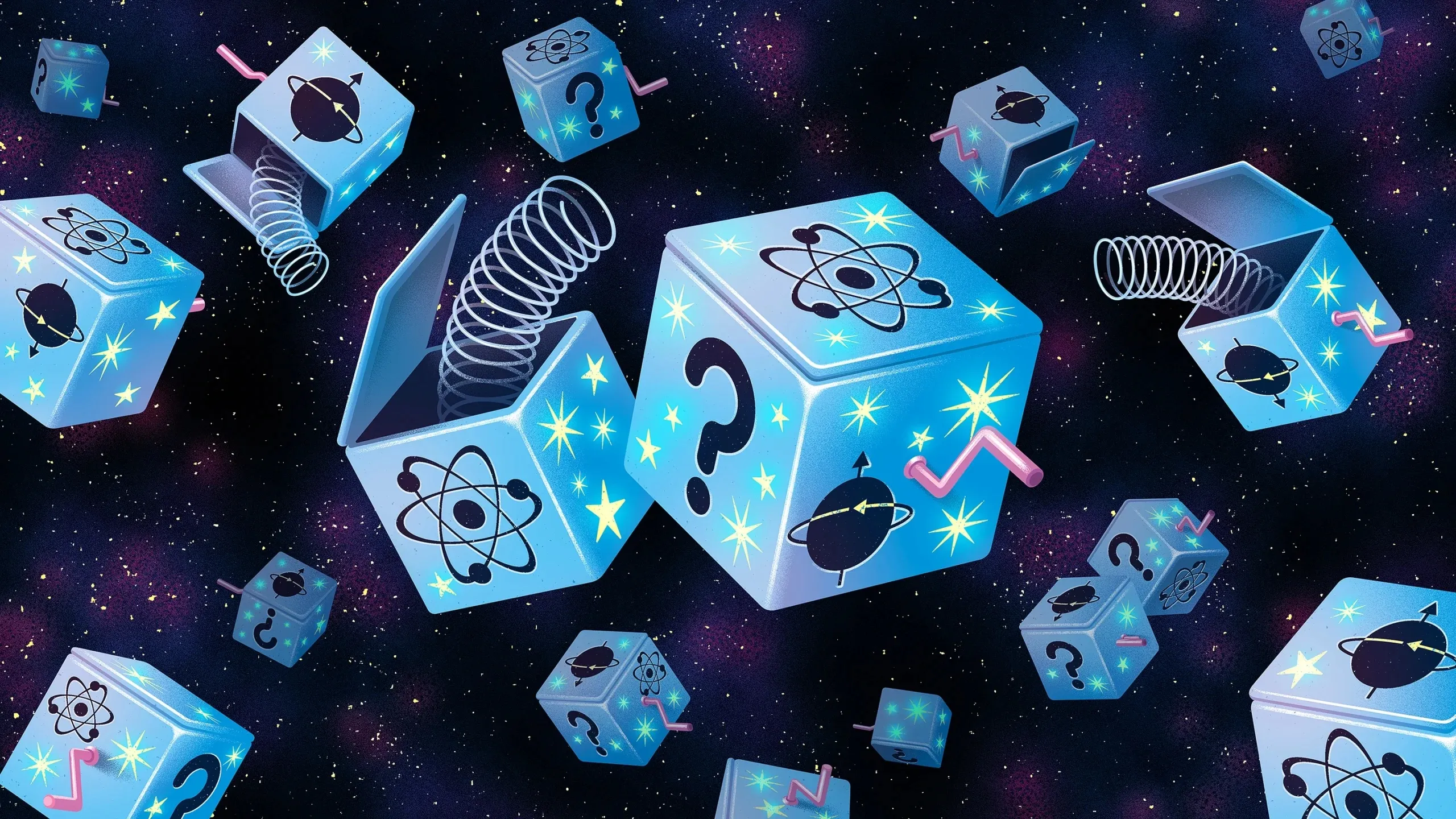Gone Girl Review: A Movie Where Perception Is Deception
Gone Girl Review: A Movie Where Perception Is Deception

You can never go wrong with a movie directed by David Fincher. His ability to make the characters appear as living, breathing people never gets old with his followers. Fincher has a talent for creating mood. He places just as much emphasis on lighting as he does on directing, which is one of the reasons why everyone can distinguish his color grading. Gone Girl is also no less than an incredible creation of David Fincher.
Like all of his classics, including “Fight Club,” “Seven,” and “The Social Network,” “Gone Girl” is regarded as a valuable film that every fan of suspense will find himself settling into. Before continuing this review, I recommend you watch these films as they employ the same type of fictitious characters, clever character development, misleading plotlines, and Fincher’s distinctive color grading. Let’s get into the SPOILER-FREE review about the movie where perception is a lie.
The Perceptive Review
“Gone Girl” is a thriller film released in 2014, starring Ben Affleck as Nick Dunne, a jobless man who marries a famed writer, Amy, starred by Rosamund Pike. Something unexpected happens on the morning of their 5th anniversary, leading to Amy’s disappearance. All of the information gathered during the search by the investigators points to Nick as the main suspect, suggesting that he was involved in the happenings. The public is all against him as well. He is portrayed as the murderer of his wife.
the Confusion
The aspect of “Gone Girl” that strikes out is how David Fincher portrays Amy and Nick as morally ambiguous figures, blurring the lines between good and evil. Throughout the film, the audience is constantly forced to question their alliances and sympathies, creating a sense of Confusion and suspense. Every 10 minutes, you will think about whether you should support Amy or Nick because it is just that confusing. The movie’s conclusion can give viewers conflicting feelings. The conclusion questions our assumptions and accepted ideas of justice. It delivers an ethically complicated conclusion that some viewers could find challenging to accept.

Gone Girl (2014) – Ben Affleck and Rosamund Pike
Love Without Value
“Gone Girl” focuses on the concept of love and how it can significantly influence individuals’ lives and relationships. However, love is everything but fragile and innocent in this dark and twisted narrative. By digging into love’s complicated nature and catastrophic power, David Fincher challenges established assumptions and leaves the audience uncertain.
There are undoubtedly reasons to think Nick is to blame for Amy’s absence, regardless of what would initially appear. But as the story develops, the movie skillfully plays with our preconceived notions and puts our opinions to the test. Unreliable narrators, distorted viewpoints, and startling disclosures are all given to us, making us reevaluate how well we know the people and what they do.
I warned you that in this Fincher movie, perception is a deception. You’ll circulate back and forth, trying to decide who you should support, but ultimately, you’ll give up and assume that both people are terrible at maintaining relationships.
The Detail
A David Fincher film’s attention to detail resembles a leaf’s veins. Fincher leaves absolutely nothing—by nothing, I mean not even a single pixel—undressed for the viewing. David Fincher gives the characters their very own sense of uniqueness and personality. Take Nick, for example; he is a person who, even when his wife goes missing, will smile for a picture next to a poster of her wife.
The Lacking
Despite the fact that “Gone Girl” is generally thought of as a fantastic film, there are certain instances in which it falls short, leading to it being lesser known than other films. The uneven distribution of the storyline in the film has drawn criticism, with some scenes being hurried while others linger on. This interrupts the film’s flow and makes those watching want more, or it presents the viewer with too much to consume, which causes it to feel forced.

Gone Girl (2014) – Ben Affleck and Rosamund Pike
Additionally, it concentrated exclusively on the two main characters and offered the other characters less narrative than required. The supporting characters, such as Nick’s sister Margo or the detective, just didn’t get enough of a storyline and caused it to appear as if they were just side characters with no purpose whatsoever.
Summary
This film is a must-watch if you want to say that you enjoy David Fincher since it is consistent with his other works regarding color grading, plot aspects, and character designs. And even if you’re not going to boast about it, it is still worth seeing because it outperforms similar thriller flicks on the market. I would say that if there were ten thriller films ranked in order from 1 being the best to 10 being the worst, “Gone Girl” would surely be in the 3rd or 4th spot, which is a pretty reasonable and agreeable spot.
Rating
7.5/10
The Ups
- Compelling plot
- Detailed main character
The Lows
- The film flow gets pretty uneven at points
- Dull supporting character storylines
What is your favorite movie? Leave a comment so we can see if we have reviewed it or not.
Check out more by us below.
Why “Seven” (1995) will Always Remain the Ultimate Crime Thriller

















